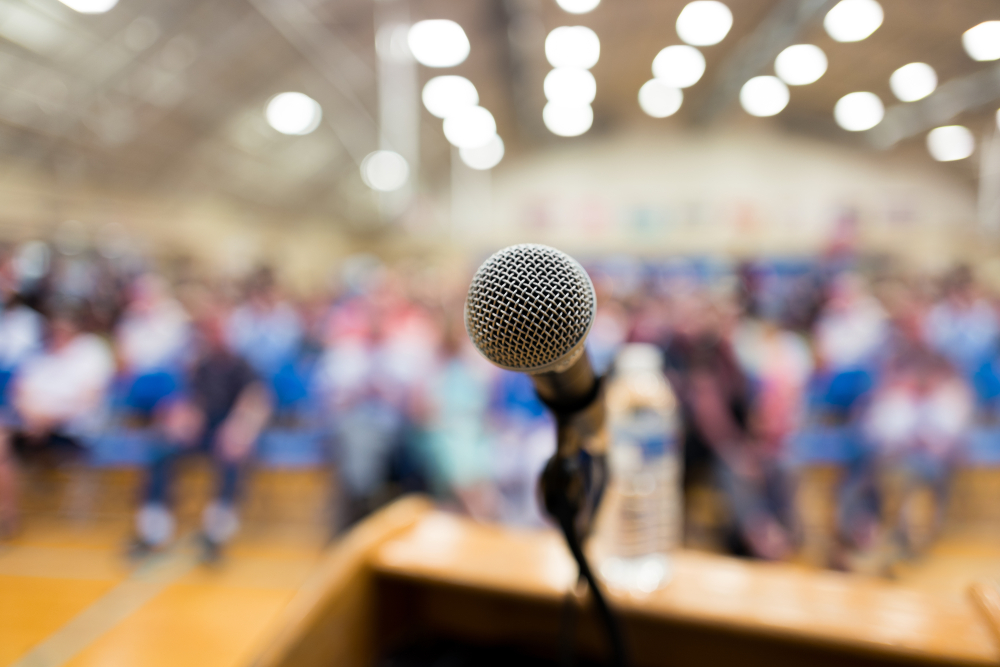
OTTAWA — A month after the new commission organizing leaders’ debates for the upcoming election was supposed to announce who would produce them, it’s not ready to make that decision.
The federal Leaders’ Debates issued a request for proposals from potential producers of English- and French-language debates in May.
The bidding period closed June 4, and the commission had already set a deadline for itself in mid-June to reveal the results of the selection process.
But a commission spokesperson said Tuesday the announcement would be made “within the next couple of weeks.”
Jill Clark said the commission is still in the contracting and procurement process, and it was a competitive bid. She did not confirm whether the commission has narrowed down the bidders to one or to a handful of finalists.
Clark said the Leaders’ Debates Commission’s initial estimate of how long the process would take was off because it hadn’t anticipated “certain things” during the process.
“We’re a first-time commission, we’re the pilot project,” she said.
“We’re just taking a little bit of extra time, but all to the end of making an announcement that gives as much information as we can, all at the same time.”
The further delay puts the announcement just weeks before an expected election call in early September. The debates themselves, meanwhile, are slated for sometime in early-to-mid-October.
The commission is an independent body set up by the federal government. It is headed up by former governor general David Johnston, acting as the first “debates commissioner,” and former journalist Michel Cormier, serving as the commission’s executive director.
It has an advisory board of former MPs Deb Grey, Megan Leslie and John Manley, historian Chad Gaffield and charity leader Craig Kielburger, among others, and says it’s consulted dozens of experts on accessibility, inclusivity, civic engagement, formats and journalistic standards. Johnston himself is a former law professor and university administrator who moderated leaders’ debates when he was an academic.
Canadian leaders’ debates have historically been organized by a consortium of broadcasters. In 2015, however, Conservative leader Stephen Harper refused to participate in those, preferring independently organized events instead (he ultimately chose to participate in a consortium-organized debate in French).
NDP leader Tom Mulcair said he would join any debate where Harper, the sitting prime minister, was a participant, but none where he wasn’t.
The result was no leaders’ debate in English with even semi-official status. Instead, there were five debates organized by combinations of media outlets and social-media platforms and in one case a charity, most of them missing one or more of the leaders of the major parties.
Establishing a formal debate commission partly emulates the U.S. system. Debates among presidential candidates there are organized by a non-profit corporation established by the major political parties, whose stamp of approval is meant to make participation more or less mandatory.